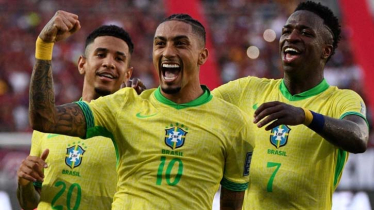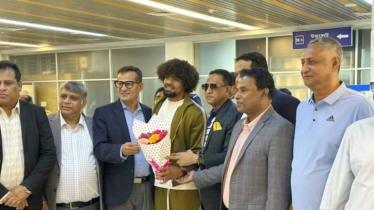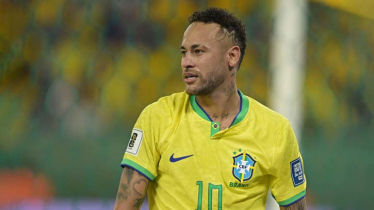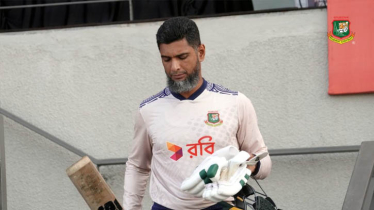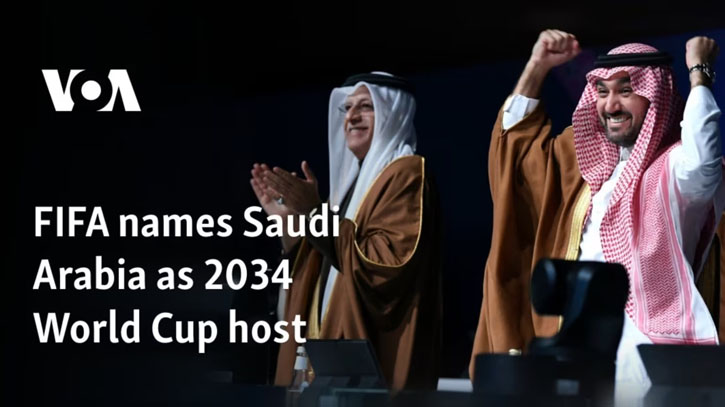
Photo: Collected
FIFA has officially named Saudi Arabia as the host for the 2034 World Cup, marking a significant milestone for the Gulf nation as it continues its ambitious investment in global sports under the leadership of Crown Prince Mohammed bin Salman. Saudi Arabia's bid was unopposed, with the decision confirmed during an online FIFA meeting led by President Gianni Infantino. The move received unanimous support, with over 200 member federations applauding virtually.
“The vote of the congress is loud and clear, said Infantino, adding that he trusts Saudi Arabia to deliver a tournament that meets global expectations and serves as a “catalyst for positive social change and unity.
The announcement also finalized plans for the 2030 World Cup, which will be jointly hosted by Spain, Portugal, and Morocco, with Argentina, Paraguay, and Uruguay hosting three matches to celebrate the tournament’s centenary.
Saudi Arabia’s hosting plan involves a major overhaul of infrastructure, including the construction and renovation of 15 stadiums, transportation networks, and accommodations, all part of the Vision 2030 modernization strategy. One proposed stadium in the futuristic city of Neom will be elevated 350 meters above ground, while another near Riyadh will be perched on a 200-meter cliff.
Crown Prince Mohammed expressed his ambition to host an “exceptional and unprecedented” tournament, highlighting the country's capabilities to unite global football fans. However, the decision has drawn sharp criticism from human rights groups, with Amnesty International calling it a “moment of great danger” for workers, many of whom are migrants from South Asia.
“FIFA’s reckless decision to award the 2034 World Cup to Saudi Arabia without ensuring adequate human rights protections will put countless lives at risk,” said Steve Cockburn, Amnesty International’s Head of Labor Rights and Sport.
Critics also argue that FIFA has not adequately addressed concerns stemming from Saudi Arabia’s human rights record, which faced scrutiny at the United Nations earlier this year. Many fear the kingdom’s vast spending on sports is an attempt to divert attention from such issues, a strategy often referred to as “sportswashing.”
Saudi Arabia’s deepening influence in global football includes sponsorships, investments in European clubs, and lucrative player contracts. This includes deals with FIFA, such as the state oil giant Aramco’s sponsorship and backing for the 2025 Club World Cup in the United States.
Looking ahead, FIFA must determine the tournament’s schedule, with January 2034 emerging as a possibility to avoid extreme summer heat, Ramadan, and other international events. Despite controversies, Saudi Arabia’s financial and political alignment with FIFA appears to have secured its position as a key player in the world of football.
Messenger/JRTarek

